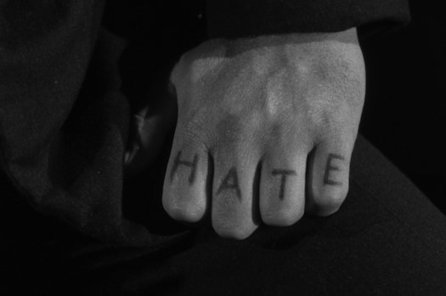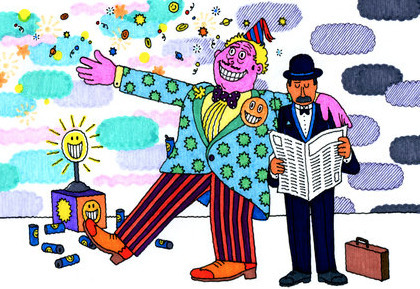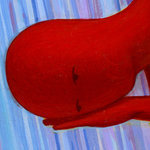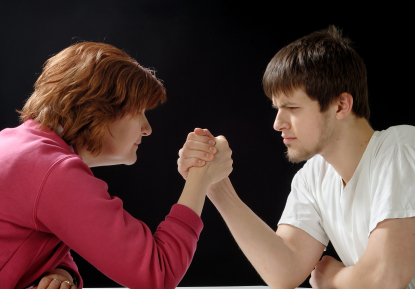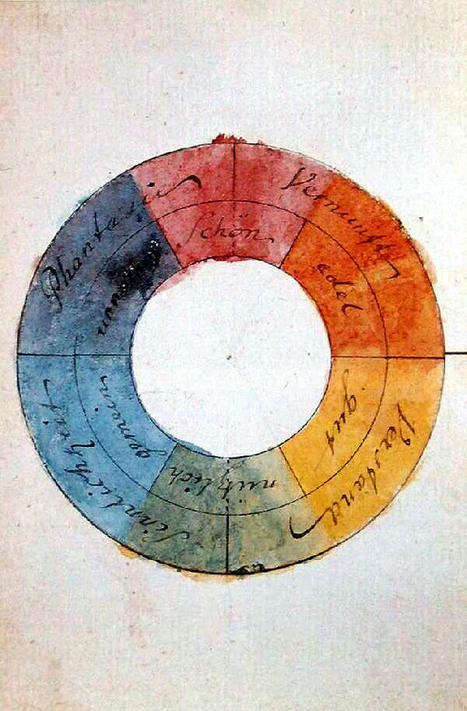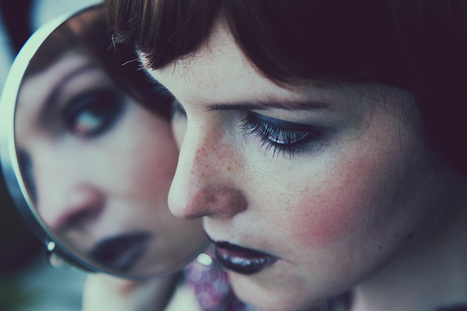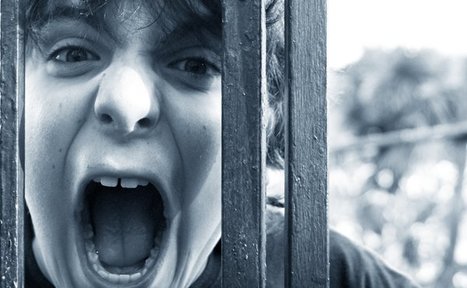Why did the proverbial Good Samaritan cross the road to help the injured stranger? Perhaps he listened to his heart. Not in the poetic sense, but literally. A new study by Jun Gu and his colleagues has highlighted the way cardiac feedback influences people's moral decisions. When students were fed false feedback, leading them to think their heart was racing, they were more likely to volunteer for a good cause and less likely to lie to gain more money.
Get Started for FREE
Sign up with Facebook Sign up with X
I don't have a Facebook or a X account


 Your new post is loading... Your new post is loading...
 Your new post is loading... Your new post is loading...
From
phys
A study arousing interest online Friday found that checking Facebook or Twitter is more alluring than sex for those immersed in Internet Age lifestyles.
One paradox of good fiction is that it centers on sadness. If fiction gives us pleasure, then why are we drawn towards what’s gravely unpleasant?
Recent reports claim curved glasses make you drink beer quicker. But Tom Stafford explains why we must be wary about general conclusions from single studies.
Despite being the richest nation on earth, the United States is, according to the World Health Organization, by a wide margin, also the most anxious, with nearly a third of Americans likely to suffer from an anxiety problem in their lifetime. America's precocious levels of anxiety are not just happening in spite of the great national happiness rat race, but also perhaps, because of it.
It’s not the quantity of sleep that restores and refreshes, but the quality.
New findings indicate that the ages at which people enjoy the life the most are nine and 68.
A new study adds to the malleability of our moral judgments by demonstrating that they can also be influenced by music.
Because increasing gender equality reduces gender differences in mate selection, studies indicate that the strategies men and women use to choose mates may not be as hardwired as scientists originally thought.
New research from psychological science suggests that the familiar adage may really be true, with a caveat: time flies when we’re have goal-motivated fun.
Teenagers are famous for seeking independence from their parents, but research shows that many teens continue to spend time with their parents and that this shared time is important for teens' well-being, according to Penn State researchers. 
Fuller Life Family Therapy's curator insight,
September 10, 2013 12:53 AM
Time parents spend with teens increases during adolescents according to this study... |
Scientists are testing the idea that the stress of modern city life is a breeding ground for psychosis.
Given the benefits of psychological safety, organisations may want to make efforts to facilitate it, by giving permission to speak out; leaders can role model this, even showing they are prepared to be fallible in public. It's noteworthy that a team may work well and be cohesive without necessarily feeling psychologically safe, so it can be worth evaluating exactly what the conditions are within a group, particularly if groupthink and unexamined ideas would pose highly negative consequences.
Color is an essential part of how we experience the world, both biologically and culturally. One of the earliest formal explorations of color theory came from an unlikely source — the German poet, artist, and politician Johann Wolfgang von Goethe, who in 1810 published Theory of Colours (public library; public domain), his treatise on the nature, function, and psychology of colors.
Two researchers have provide preliminary evidence that listening to Mozart can help us cope with cognitive dissonance—that intense feeling of discomfort that arises when we realize two of our core beliefs are at odds.
New Israeli research suggests attractive people are more likely to have conformist and self-centered values.
“Our environment, the world in which we live and work, is a mirror of our attitudes and expectations.” – Earl Nightingale, American motivational speaker
While the image of the stressed-out executive or the politician under pressure has been firmly planted in the American mind, research increasingly suggests that it's actually people lower down on the social scale — not those in leadership positions...
A new study has shown that close-up photographs appear less trustworthy than photos taken from a distance.
Do politicians really think they won't be caught when they lie?
How cooperative you are may depend on how quick you are to respond to a proposition, a new study finds. In a computerized game that involves contributing money to a common pool, people who took longer to think over their options were more likely to be selfish.
If only there were a field that examines the spiritual, therapeutic and psychological aspects of human-nature relationships, I'd abandon my graduate studies in Theoretical Phys Ed and embrace this new discipline instead.Luckily, there is. 
Shannon Steuart's curator insight,
August 9, 2013 1:26 AM
Wow, someone who also understands the intricacies and powerful beauty of nature and psychology.
"For people who already feel separate from the crowd, social rejection can be a form of validation," says Johns Hopkins Carey Business School assistant professor Sharon Kim, the study's lead author. "Rejection confirms for independent people what they already feel about themselves, that they're not like others. For such people, that distinction is a positive one leading them to greater creativity." |




